President Donald Trump's fight to keep his financial records hidden from public view suffered its first legal defeat on Monday when US District Court Judge Amit Mehta upheld a congressional subpoena seeking Trump's financial records from Mazars, Trump's long-time accounting firm.
Trump's legal team appealed Mehta's ruling on Tuesday, which will move the case into the DC Circuit Court of Appeals, the second-highest court in the country, where one particularly famous jurist sits.
That judge - the chief in fact - is Merrick Garland, whose nomination to the Supreme Court by Barack Obama was blockaded by Senate Republicans in 2016.
Granted, the appeal getting assigned to Garland is not a certainty, as most appeals are heard by a randomly-assigned three-judge panel, not the whole court.
If the three-judge panel on the DC Circuit Court of Appeals does not make a decision in Trump's favor, he could ask for the entire bench to review the case or appeal it to the Supreme Court.
But the possibility of a Trump-Garland showdown has social media relishing over the potential karmic retribution.
The shade of it all.
Last week, William Consovoy, Trump’s personal attorney, argued that the Constitution does not grant the House of Representatives law enforcement powers and that the multiple investigations in the House serve no legislative purpose.
“That is law enforcement,” Consovoy said. “Are you complying with federal law?”
Mehta asked Consovoy if a president could be investigated for corruption while in office, which Consovoy dismissed.
“I don’t think that’s the proper subject of investigation as to the president,” he replied.
What happened next is almost unbelievable.
Consovoy suggested that the Watergate and Whitewater investigations may have been unconstitutional.
Brad Heath of USA Today reported US District Court Judge Amit Mehta’s reaction:
“Mehta sounded incredulous, asking whether Congress could have investigated Watergate, which led to President Richard Nixon’s resignation, and Whitewater, which led to President Bill Clinton’s impeachment. Consovoy initially said he’d have to look at the basis for those investigations.”
“They were inquiring as to violations of criminal law,” Mehta said. “It’s pretty straightforward – among other things.”
“That is still law enforcement,” Consovoy said.
In his ruling on Monday, Mehta shredded the administration's arguments in a blistering 41-page opinion.
“It is simply not fathomable that a Constitution that grants Congress the power to remove a president for reasons including criminal behavior would deny Congress the power to investigate him for unlawful conduct — past or present — even without formally opening an impeachment inquiry," Mehta wrote.
There is a clear, established precedent for Congress to investigate the president for suspected criminal acts.
“Congress plainly views itself as having sweeping authority to investigate illegal conduct of a president, before and after taking office,” Mehta wrote. “This court is not prepared to roll back the tide of history.”
Trump decried Mehta's ruling, calling it "crazy" before suggesting that Mehta is biased because he was appointed by Obama.
“It's totally the wrong decision by, obviously, an Obama-appointed judge,” Trump told reporters.


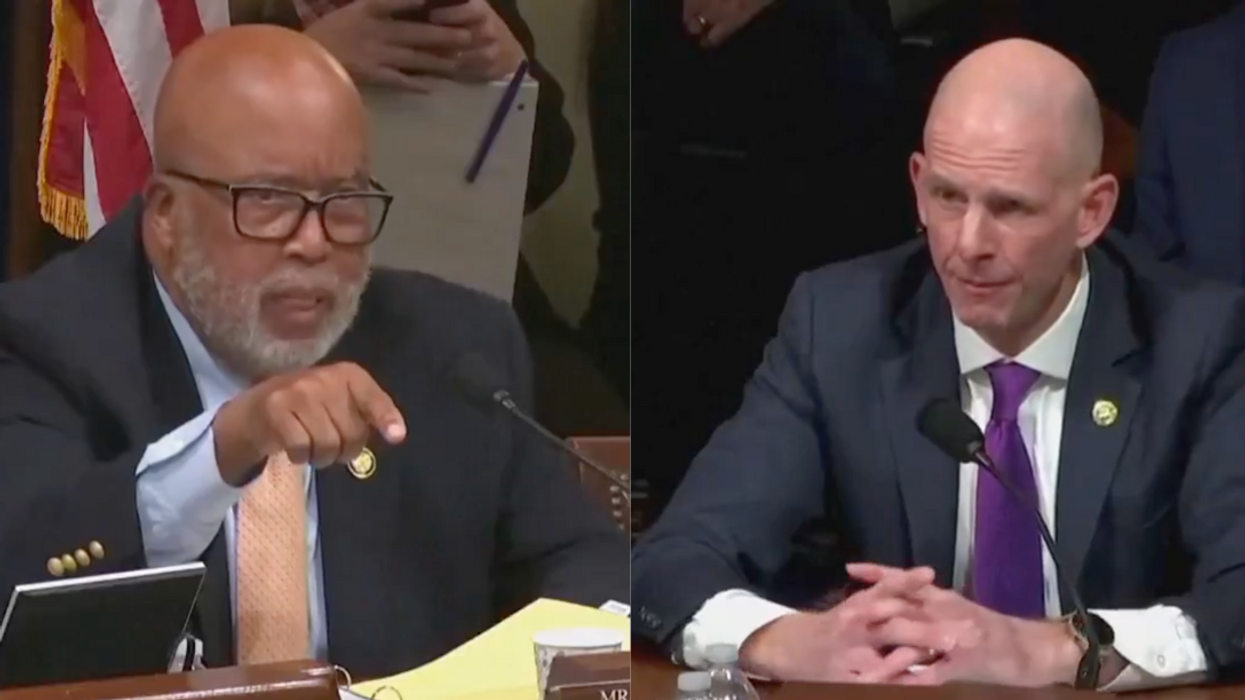

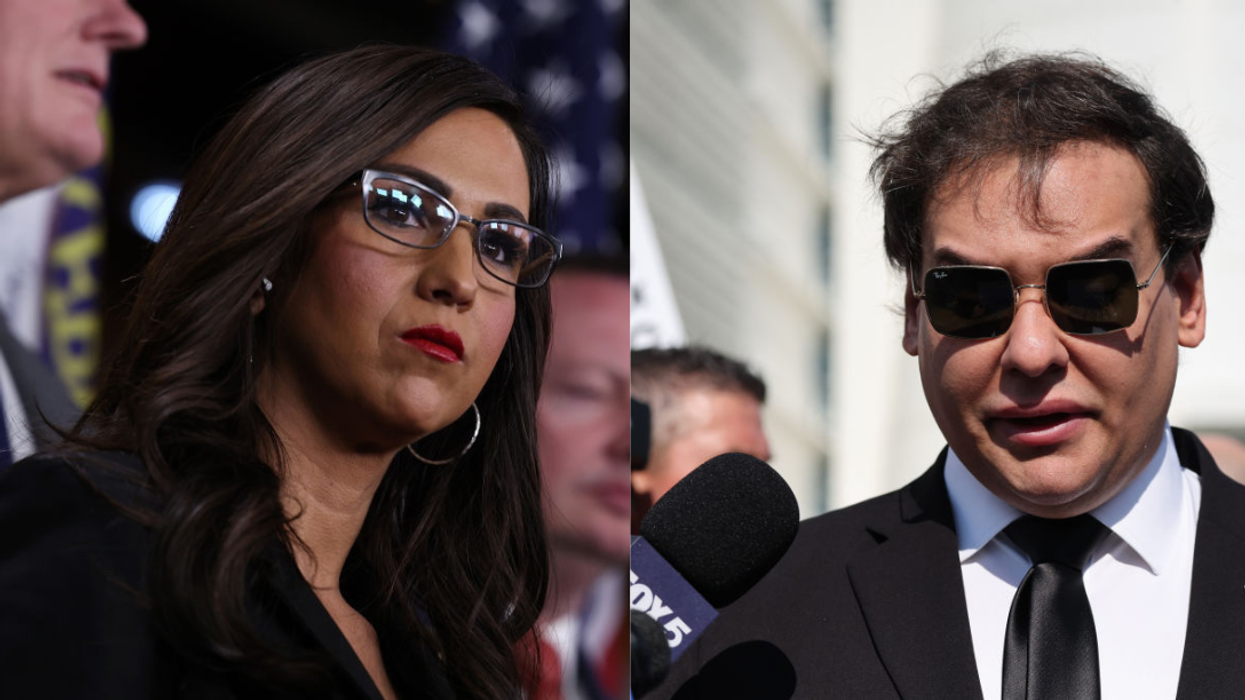

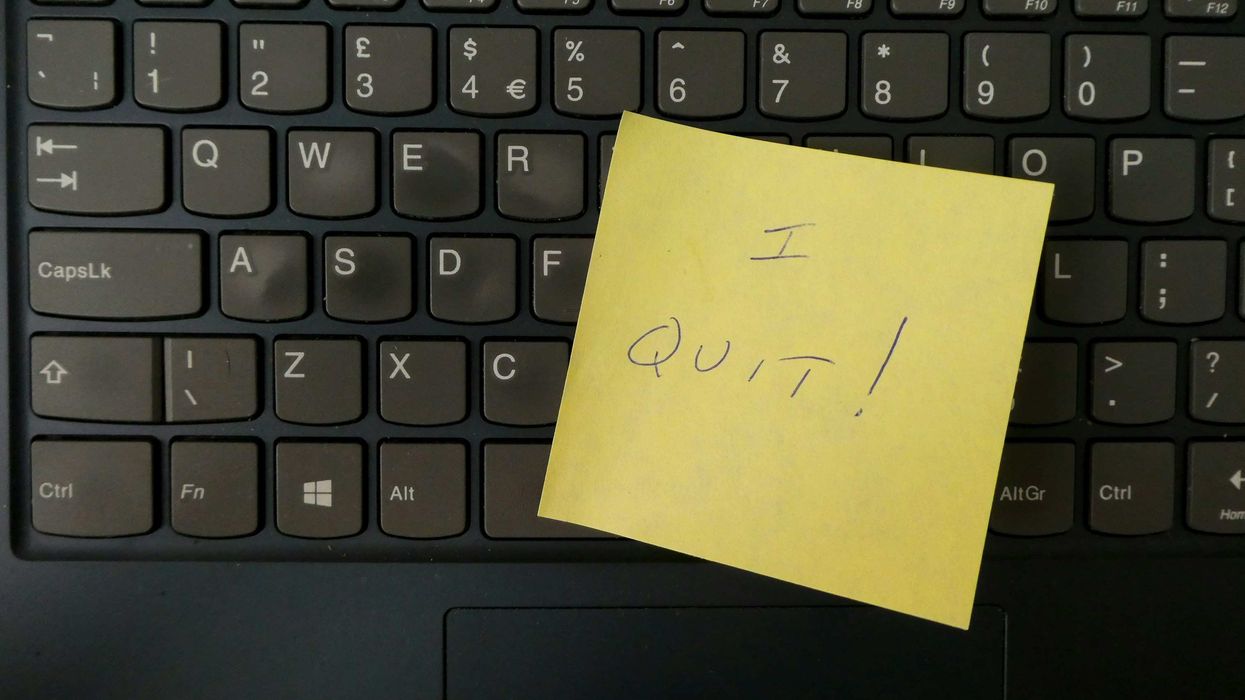

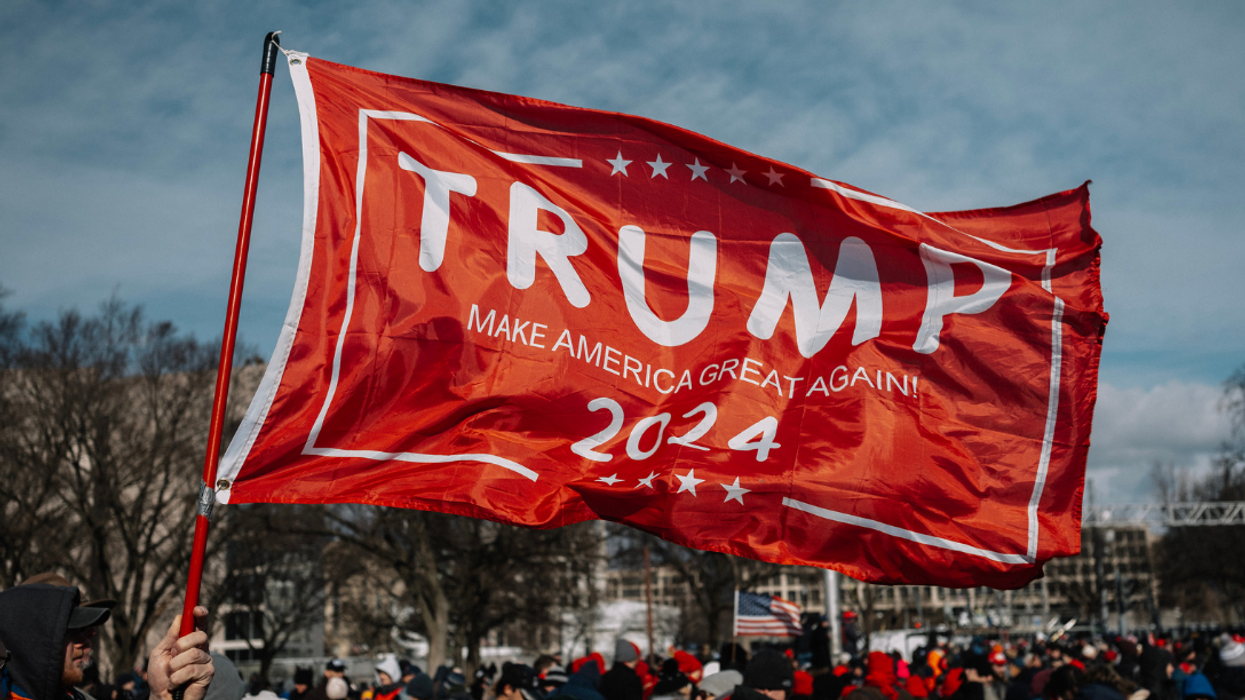


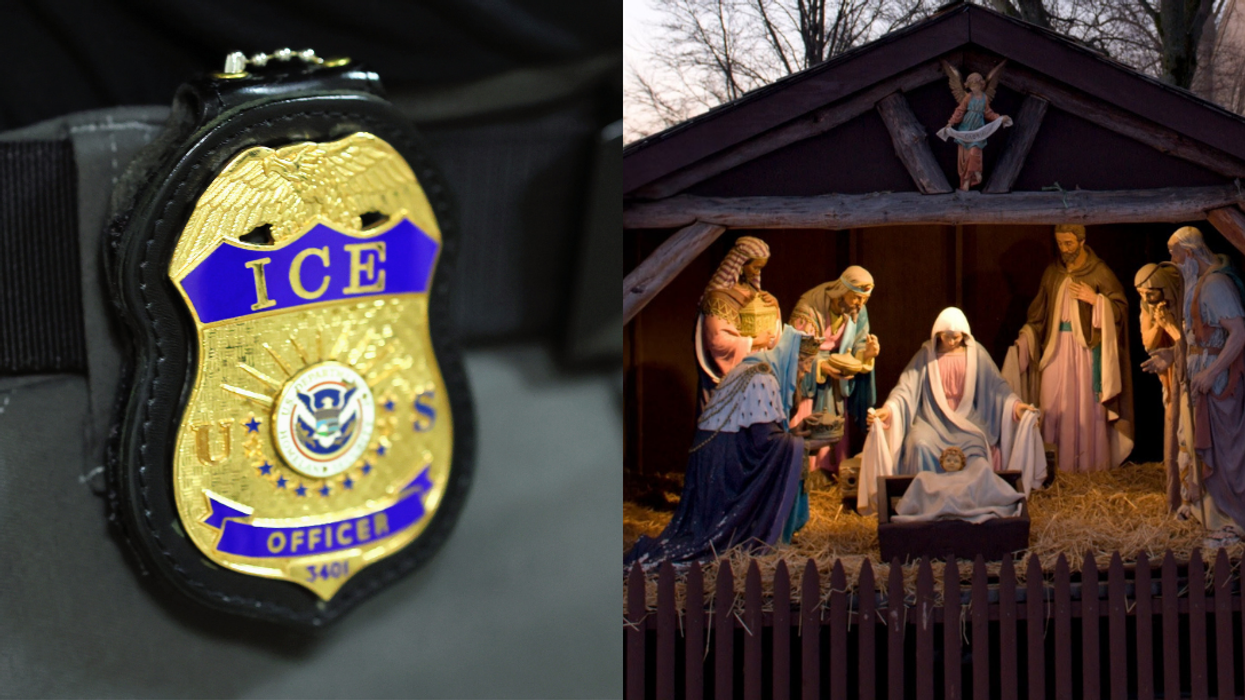
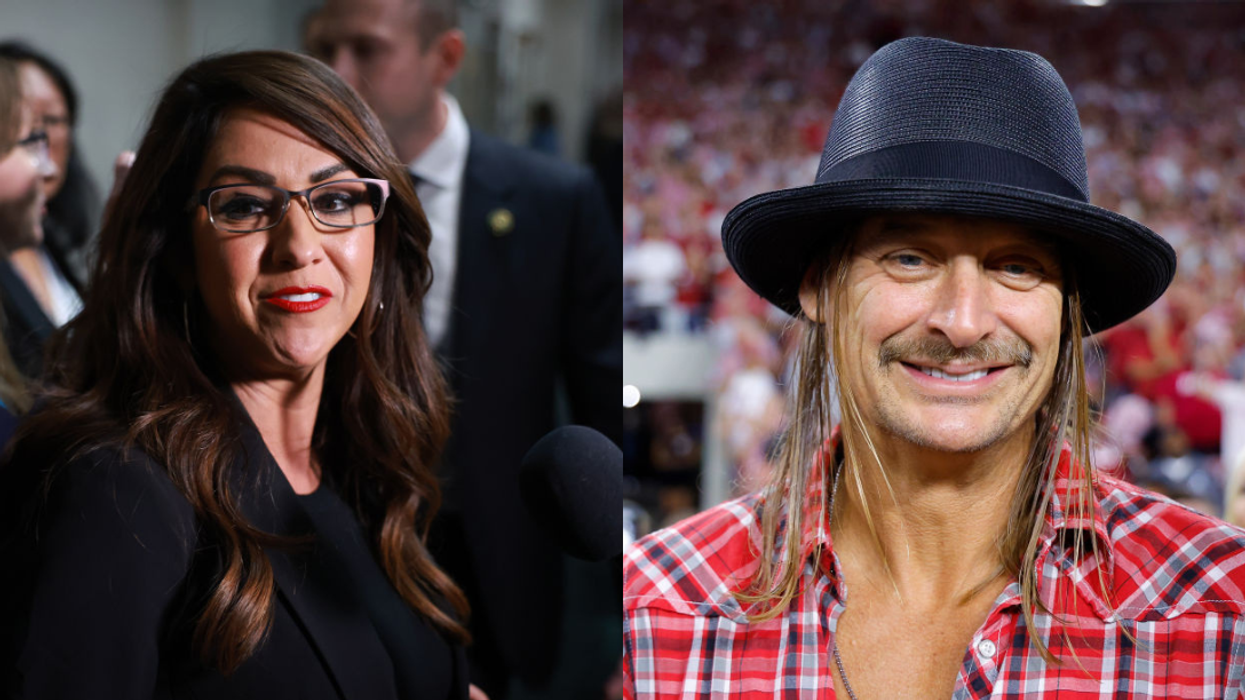
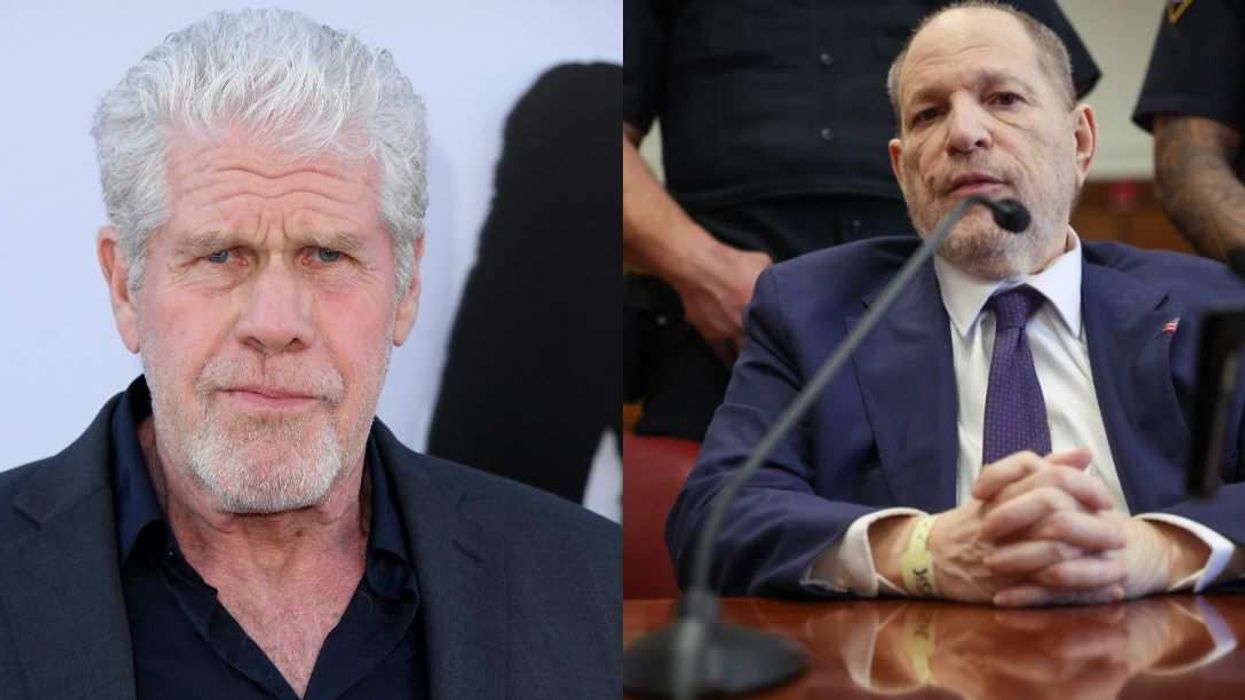
 u/mlg1981/Reddit
u/mlg1981/Reddit u/Miserable-Cap-5223/Reddit
u/Miserable-Cap-5223/Reddit u/riegspsych325/Reddit
u/riegspsych325/Reddit u/raysofdavies/Reddit
u/raysofdavies/Reddit u/NotAsBrightlyLit/Reddit
u/NotAsBrightlyLit/Reddit u/LvLtrstoVa/Reddit
u/LvLtrstoVa/Reddit u/mysocalledmayhem/Reddit
u/mysocalledmayhem/Reddit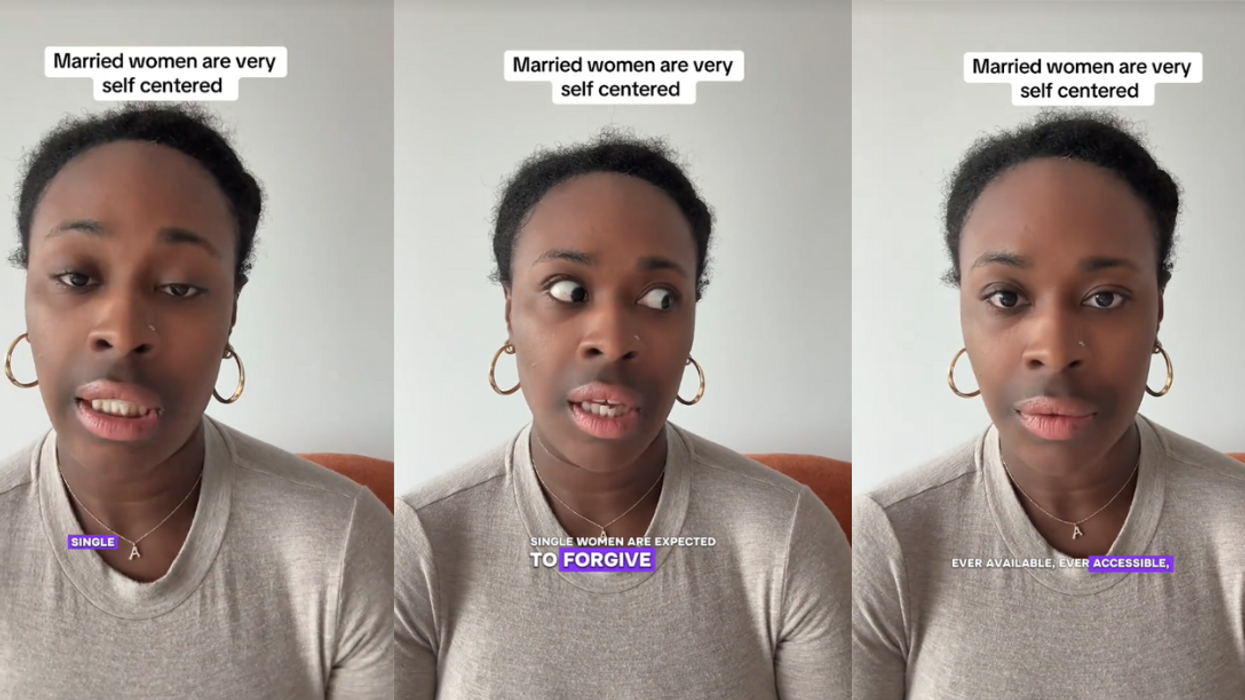
 @unpunishablewoman/TikTok
@unpunishablewoman/TikTok @unpunishablewoman/TikTok
@unpunishablewoman/TikTok @unpunishablewoman/TikTok
@unpunishablewoman/TikTok @unpunishablewoman/TikTok
@unpunishablewoman/TikTok @unpunishablewoman/TikTok
@unpunishablewoman/TikTok @unpunishablewoman/TikTok
@unpunishablewoman/TikTok @unpunishablewoman/TikTok
@unpunishablewoman/TikTok @unpunishablewoman/TikTok
@unpunishablewoman/TikTok @unpunishablewoman/TikTok
@unpunishablewoman/TikTok @unpunishablewoman/TikTok
@unpunishablewoman/TikTok
 @helsmcp/TikTok
@helsmcp/TikTok @helsmcp/TikTok
@helsmcp/TikTok @helsmcp/TikTok
@helsmcp/TikTok @helsmcp/TikTok
@helsmcp/TikTok @helsmcp/TikTok
@helsmcp/TikTok @helsmcp/TikTok
@helsmcp/TikTok @helsmcp/TikTok
@helsmcp/TikTok @helsmcp/TikTok
@helsmcp/TikTok @helsmcp/TikTok
@helsmcp/TikTok @helsmcp/TikTok
@helsmcp/TikTok